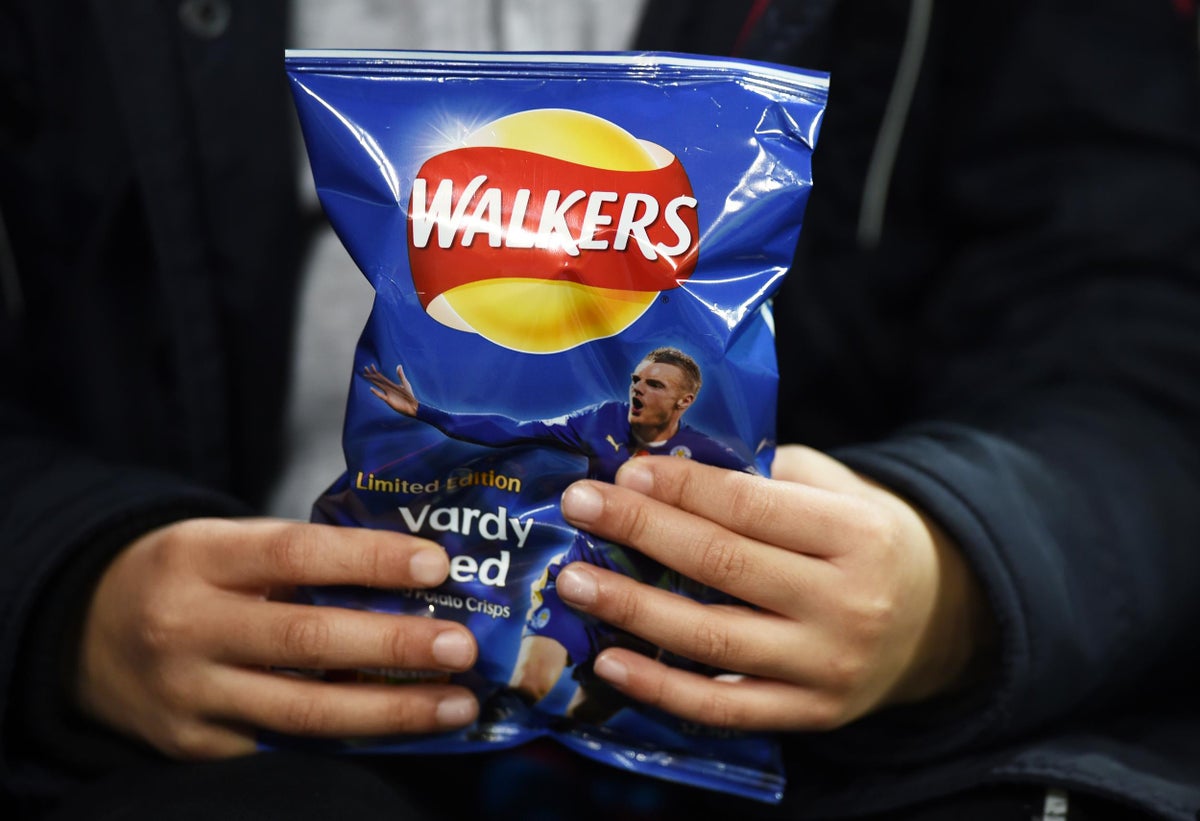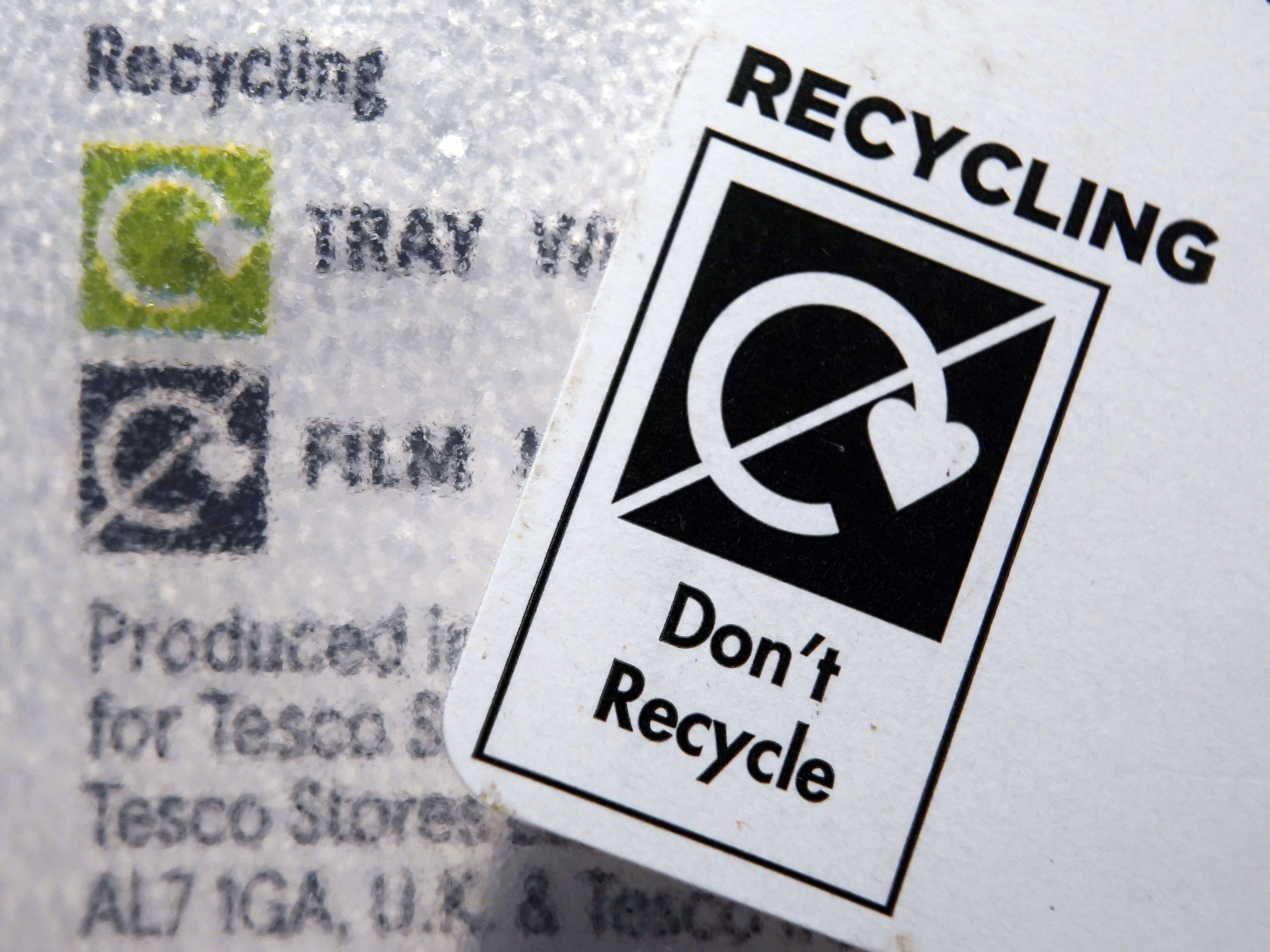
Government ministers are looking to crack down on “wishcycling” – which sees well-intentioned people over-recycling and the process contaminated by items which cannot be processed.
In 2020, the UK government’s Circular Economy Package outlined a goal of recycling 65% of municipal waste by 2035, and that no more than 10% of this waste should end up in landfill by 2035. However, one 2022 study found that 80 percent of UK households remain unclear on how to recycle effectively.
The new rules will see the government asking households to be more selective in what they choose to place in their recycling bins, aiming to reduce the amount of contaminated waste that ends up in processing centres and, subsequently, landfill sites.

“Wishcycling” often occurs where the rules are unclear, leaving households at risk of over-filling their recycling bin with items which should be placed in the main rubbish main. Items like crisp packets, dirty takeaway boxes, soft plastic bags, wet cardboard and toothpaste tubes are common culprits.
Here, we delve into the “wishcycling” government crackdown, what can and cannot be recycled, and what it means for UK households.
What can’t be recycled?
The most common everyday items households often wrongly place in their recycling bin include:
· Plastic film and bags
· Tissue or toilet roll
· Kitchen paper
· Foil
· Toothpaste tubes
· Dirty or soiled food packaging (that hasn’t or can’t be rinsed clean).
The following items also cannot be recycled:
· Crisp packets
· Dirty takeaway boxes
· Soft plastic bags
· Wet cardboard
· Aerosols, including deodorant and body spray
· Bubble wrap
· Cling film
· Pill trays with foil
· Shredded paper
· Nappies.
If you’re unsure on the rules, check via your local council website or, if you live in England or Wales, by using the UK government postcode search tool.
What can be recycled?
Broadly, some items which can be placed in household recycling bins include:
· Plastic bottles, tubs, trays and containers
· Glass bottles and jars
· Aluminium tins and cans, including infant milk and formula, baby food and pet food
· Clean, dry paper and cardboard
· Catalogues.
When will the new rules be introduced?
The government expects to publish more details on its plans to combat “wishcycling” later this summer, with the Department for Environment, Food and Rural Affairs (Defra) initiating a consultation over two years ago to demystify the rules.
As part of this, it is anticipated that it will require local councils to collect paper and cardboard, plastics, metal cans and glass bottles and jars through a different collection, introducing at least two recycling bins for every household, with food and garden waste separated.
The government is also eager to work alongside food manufacturers in making packaging labels clearer so that individuals can distinguish what can be placed in their household recycling bin, what needs taking to a larger recycling point like a tip, and what needs to go in the main rubbish bin.
Will the new rules be the same for rural and urban areas?
The policy is expected to take rural and urban areas and their respective needs into account.
A spokesman told the i: “Every neighbourhood is different and councils need flexibility in how they meet these ambitions in communities. What works for a rural village, for example, will not be the same for a tower block.
“Longer term, we look forward to working with government, packaging producers, the waste industry and communities in reducing waste and safeguarding our environment.”







